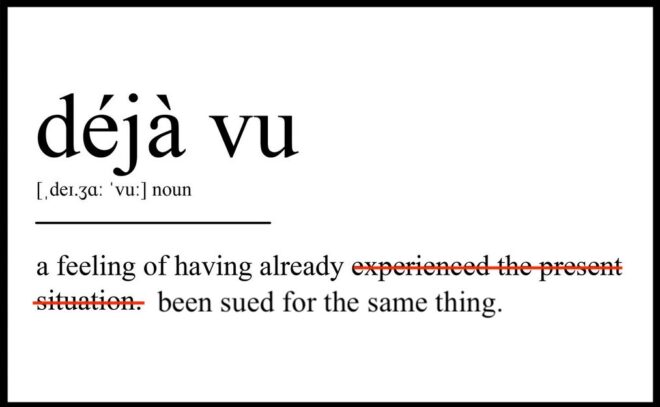Issues need not be “Strictly Identical” to be Precluded from Re-Litigation

A former homeowner who lost his home as a result of a mortgage foreclosure sale was precluded from re-litigating the issue of the validity of the foreclosure sale after having lost on that issue in summary judgment in a Massachusetts Housing Court case in which he brought a counterclaim seeking to invalidate the foreclosure sale. The former homeowner subsequently filed suit in the Land Court seeking to have the Court determine his alleged superior claim to title to the property and an order invalidating the foreclosure sale. In the Housing Court case, the former homeowner had argued that the foreclosure sale was invalid because of alleged deficiencies on the part of the foreclosing bank, including an alleged invalid assignment of the mortgage. In the Land Court case, the former homeowner advanced different theories based on alleged forgeries of certain documents recorded by the foreclosing bank.
The doctrine of res judicata (a Latin phrase that literally means “judged matter”) generally bars re-litigation of claims or issues that have already been decided in prior litigation. Even if a party brings a different claim (as was the case here) re-litigation of an issue that was essential to an already litigated claim may also be barred if the issue was actually litigated and determined by a final judgment. Although the former homeowner had raised different bases for his allegation that the foreclosure sale was invalid, the ultimate issue before each of the Courts was the validity of the foreclosure sale, and although the arguments that the former homeowner advanced were not strictly identical, their connection to the ultimate issue was found to be so. As the Court put it: “… even if the there is a lack of total identity between the issues involved in the two adjudications, the overlap may be so substantial that preclusion is plainly appropriate.”
The complete opinion can be found here: Bigelow v Reem Property LLC





